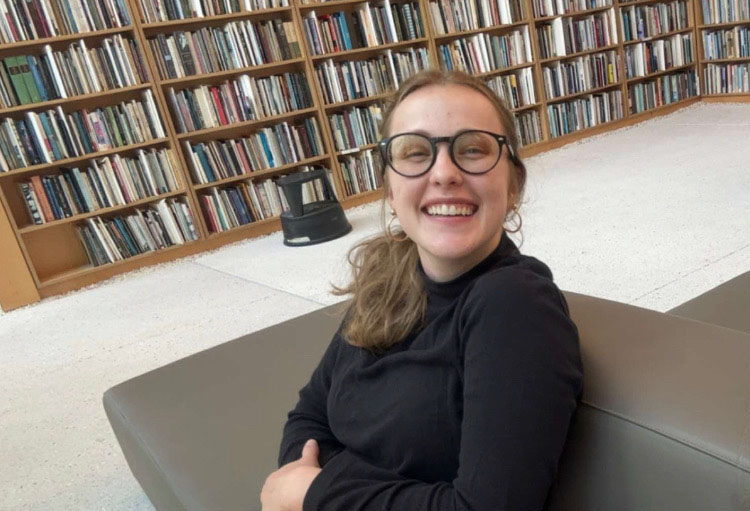Consistent with the adolescent experience, I entered middle school without a secure friend group or concrete sense of identity. I struggled to find people that I related to and felt like I could build friendships with. However, after trying to fit into many different cliques, I finally found the one group that made me feel welcomed, loved and seen: The Goths. Clad in ripped jeans, band t-shirts and brightly colored hair, my friends looked like walking Hot Topic advertisements. Even though I chose to be friends with them due to their kindness and generosity, I immediately noticed the shift in attitude and increase in tension that accompanied having friends with piercings and heavy eyeliner. People crossed the street when they saw us coming. Teachers approached us with caution. My family debated intervening in an effort to find me more “suitable” friends. They were good people, but the world did not treat them as such. From a young age, I began to see how stereotypes and “us versus them” mentalities influenced societal opinions and allowed harmful perceptions to foster.
The world saw their dark clothing and assumed they had personalities to match, which could not have been further from the truth. By creating friendships with people that looked and acted differently than me, I was able to deconstruct my stereotypical narrative that society had fed me about people who did not fit the mold. Therefore, I have come to the conclusion that everyone should have goth friends. Or, if there are not any goths readily available, that everyone should strive to create connections with those who come from different backgrounds, lifestyles and ideologies. My goth friends allowed me to see the world in a way that would have never been possible if I had stuck to the same friends I had in elementary school. If I had judged them for their clothing and music choice, I would have fallen into the vicious cycle of stereotypes and narrow worldviews, and never have seen the world through the eyes of someone that society did not accept. The world becomes a kinder place when we seek to understand, not “fix,” those that are historically misunderstood and excluded.
The problem is, it is so tempting to choose friends based upon common interests and beliefs, which is not inherently wrong, but it leads to an echo chamber and confirmation bias of what we already think and know. At Northwestern, it is easy to see how friend groups turn into cliques due to their shared activities and ideologies. Looking around at the Caf, one can identify the sports teams, theater tropes and dorm residents that sit together, usually at the same tables and at the same times every single day. While this is comfortable and safe for us, we do not grow by surrounding ourselves with who we know. I can confidently say that my exposure and close friendship with my local goths had a profound positive impact on my life, one that I continue to carry with me whenever I am tempted to fall into stereotypes and judgment. The first step to loving our neighbor is to break down what we think we know about them, and put ourselves in their shoes – even if those shoes are black platform Converse. Especially if those shoes are black platform Converse.
